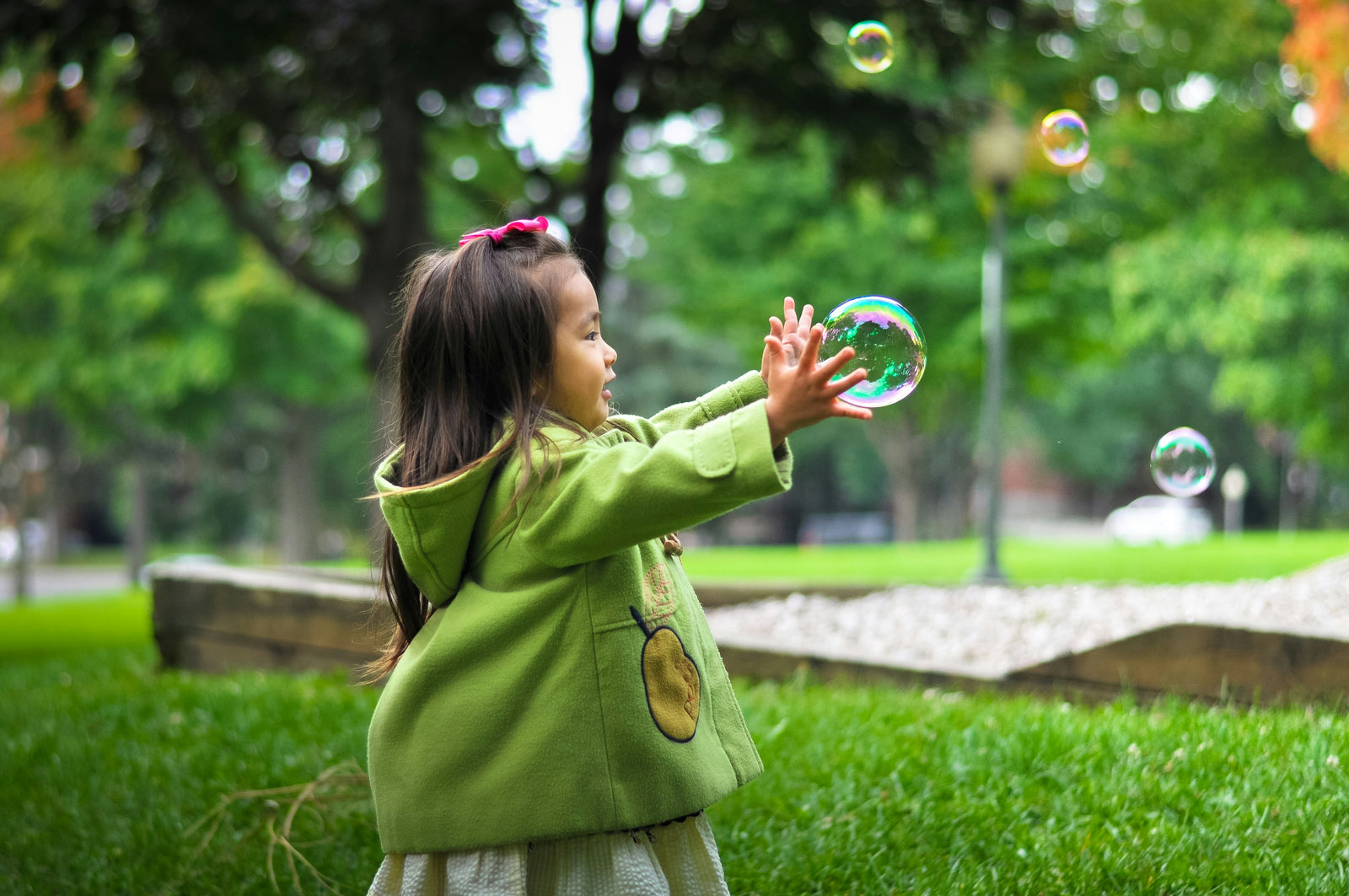The Montessori Approach to Developing Emotional Intelligence in Early Childhood

Emotional intelligence, defined as the ability to recognize, understand, and manage our own emotions and those of others, is an essential component of a child's development. Research has shown that emotional intelligence is a strong predictor of success in various areas of life, such as social relationships, academic achievements, and mental health. Montessori education supports the development of emotional intelligence in early childhood, providing a nurturing environment for children to cultivate self-awareness, empathy, and effective communication skills.
In this article, we will discuss the principles of Montessori education that directly contribute to nurturing emotional intelligence in young children, as well as practical strategies and activities aimed at fostering social-emotional development. By incorporating Montessori principles into daily routines and interactions, parents, caregivers, and educators can create an environment where children develop essential emotional skills that lay the foundation for personal growth and success.
The Montessori Approach to Developing Emotional Intelligence in Early Childhood
Montessori education recognizes the importance of emotional intelligence in early childhood, striving to cultivate self-awareness, empathy, and effective communication skills in young children. In this article, we will explore the principles of Montessori education that contribute to nurturing emotional intelligence and discuss practical strategies and activities designed to foster social-emotional development.
1. The Importance of Emotional Intelligence in Early Childhood
Emotional intelligence is a crucial aspect of a child's overall development, as it impacts their ability to form healthy relationships, cope with stress, and achieve personal and academic success. Fostering emotional intelligence in early childhood can provide several long-lasting developmental benefits:
- Enhanced Social Skills: Children with high emotional intelligence can better navigate social situations, empathize with others' feelings, and effectively communicate their own emotions, enhancing their relationships with peers, family, and educators.
- Elevated Academic Achievement: Emotionally intelligent children are more capable of managing their emotions, leading to increased motivation and engagement in learning activities, ultimately improving their academic performance.
- Improved Mental Health and Resilience: Developing emotional intelligence in early childhood can promote a healthier approach to managing stress and adversity, fostering emotional resilience and overall mental well-being.
2. Montessori Principles for Social-Emotional Development
Montessori education incorporates principles that directly contribute to nurturing emotional intelligence in young children:
- Self-Regulation and Independence: The Montessori approach encourages children to develop self-regulation skills by fostering a sense of autonomy and independence in their learning.
- Respectful Communication: Montessori educators model respectful and effective communication techniques, setting a positive example and providing children with the tools to express themselves constructively.
- Empathy and Compassion: Montessori education emphasizes the importance of empathy and compassion, enabling children to respond to the emotions and needs of others.
3. Practical Montessori Activities to Support Emotional Intelligence
Montessori-inspired activities can be utilized to promote social-emotional development in young children:
- Emotion Identification and Expression: Foster self-awareness by encouraging children to identify and express their emotions through storytelling, art, music, or role-playing scenarios. Provide picture cards depicting different emotions and guide children in identifying and discussing how that character may feel in various situations.
- Empathy-Building Activities: Help children develop empathy and understanding towards others through activities such as shared play or collaboration on projects. You can also conduct "emotion walks," where children take turns expressing a specific emotion while others observe and attempt to identify which emotion is portrayed.
- Conflict Resolution: Teach effective conflict resolution techniques, such as "I-statements," active listening, and compromise. Use role-playing or real-life scenarios to help children practice resolving disagreements respectfully and constructively.
4. Fostering Emotional Intelligence through the Prepared Environment
The Montessori prepared environment can also contribute to cultivating emotional intelligence:
- Safe and Nurturing Atmosphere: Create a space where children feel safe in expressing their emotions and asking for help. Ensure the environment is free from excessive distractions and incorporates calming elements, such as soft lighting and natural materials.
- Clear Expectations and Boundaries: Establish and consistently reinforce clear expectations and boundaries for behavior and communication, promoting a sense of security and self-regulation.
- Opportunities for Reflection and Self-Expression: Incorporate dedicated spaces within the environment that encourage reflection and self-expression, such as a "peace corner" or designated area for journaling, drawing, or meditation.
5. The Role of Montessori Educators and Parents in Encouraging Emotional Growth
Montessori educators and parents play a crucial role in fostering emotional intelligence in young children:
- Modeling Empathy and Respect: Demonstrate empathy and active listening when communicating with children, validating their emotions and offering support in managing their feelings.
- Encouraging Emotional Exploration: Foster a non-judgmental atmosphere in which children are free to explore their emotions and openly discuss their feelings.
- Providing Guidance and Support: Offer guidance in navigating emotional challenges, and celebrate children's achievements in emotional growth, reinforcing the importance of emotional intelligence.
Final Thoughts
The Montessori approach offers a unique opportunity for developing emotional intelligence in early childhood through its emphasis on self-regulation, empathy, and effective communication. By incorporating Montessori principles and strategies into daily life, parents, caregivers, and educators can create a supportive environment that fosters social-emotional development for young children.
Embrace Montessori-inspired activities that nurture self-awareness, compassion, and resilience at the Topponcino Company, as these essential emotional skills pave the way to your child's healthy and successful future. Enjoy exploring our Montessori items that will be perfect for your children!












